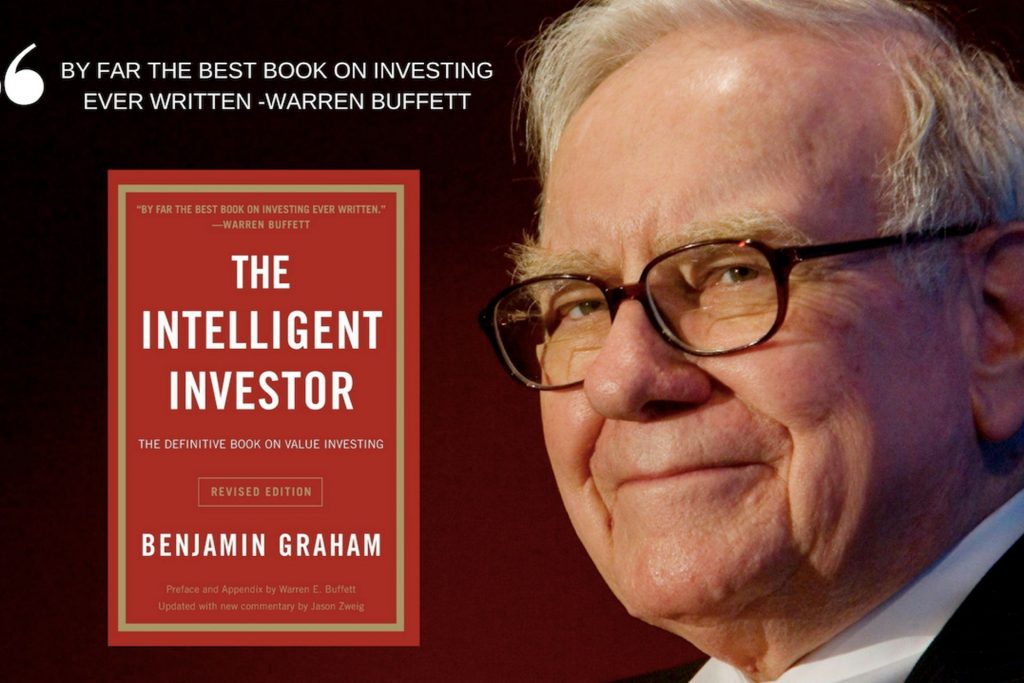The greatest investors had them. One of the richest men on the planet named his son after one of his. There are countless books and guides on how to find one. And without a doubt nobody can deny the priceless value of mentors.
Today we speak to Michael Batnick who is the Director of Research at Ritholtz Wealth Management about how to develop your own network of A-list mentorship in investing. And most importantly, since there are numerous microphones nowadays, how to listen to the right voice.
Q: Not every young person is readily exposed to a mentor in investing. What is the first step that I should take if I’m interested in getting a mentor in investing as a young investor?
A: One of the nice things about beginning to learn investing is that, investing and good investing advice really never changes. It has been pretty constant over the last maybe 80 years. Benjamin Graham wrote The Intelligent Investor in 1949. So we’re looking almost 60 years later and that’s probably as good a place to start. Nowadays you’re not going to easily find somebody to physically mentor you. Who’s going to take their time to just tutor you and hold your hand. But again you don’t need to physically find a mentor because you can find a mentor in all these books. You can read Benjamin Graham, and Warren Buffett and the like. And I think that’s a really good place to start. You can find a mentor in any book.

Q: So finding a form of virtual mentors then?
Yes, exactly.
Q: But even though the principles are very much the same, when it comes to asking questions like “which product will be the best?”. Or “which strategy would apply for me in this scenario?”. Which platforms are great to get that kind of guidance?
A: A great social media platform for this is Stocktwits. This is designed for sharing ideas between different investors, traders, and entrepreneurs. Here you can definitely ask question to people that will most probably respond. Of course you have to be really careful with who you are talking to. Because everybody is ready to provide an answer. So you just need to make sure that the person that you are speaking to is appropriate for answering the questions you’re asking. It’s a big world out there and nowadays everybody has a microphone. So you’ve go to be careful who you’re asking these questions to.
People that made money really quickly can lose it really quickly
Q: We have a lot of financial experts that say ” I did xyz in 6 weeks” or so… So should I listen to someone based on that?
A: Yeah, I would definitely stay away from that. People that made a lot of money really quickly can lose it really quickly. Financial results, unfortunately, can very easily be a function of luck vs. skill. So I would be careful about looking at people’s track records. There are people who had tremendous track records and then attract a lot of assets as a result of their performance. And subsequently burned a lot of investors because they thought they had found the next Warren Buffett. And the next Warren Buffett was actually not them. Additionally, you don’t know anybody’s real performance. At least on the surface. You have no idea whether the person you’re speaking to who said they made 300% last year is outright lying or not.

Q: But how do I develop that sense of discernment to know the difference?
A: Trust your intuition and weigh it against what anyone has to say. The best way to develop a strong intuition in investing is starting off by reading Benjamin Graham’s books. One of the brilliant things about him was that he recognized one of the fundamentals of value investing, which is buying something for less than it’s worth. But he also understood the psychology of the market. That the market is a very crazy place. And you can get caught up in it or you can take advantage of it. So a good resource for young investors is a blog called Abnormal Returns. It’s owned by a friend of mine. He looks into the best of the web, for whatever kind of investing you are into. Also when you start you don’t know what kind of investor based on your personality you’d be suitable for. There’s no one right way to invest. There are a million ways to make money. And also to lose money, I should say. And they are all very physical. So you have to find something (and somebody as a mentor) that works for you.
What kind of investor are you? Take the Quiz
Q: What do you think about peer mentoring in investing? Where you form a mastermind group and learn to invest?
A: I can see that being problematic in the case where you have the blind leading the blind. So although that’s not always bad there could be an adverse outcome in investment. And that doesn’t necessarily mean that your decision making was wrong. It just means that hey, the process was good but if you repeat the process 100 times it may not work for all cases. So although they are not all bad, I would strongly encourage independent thinking in those cases.


LEAVE A REPLY